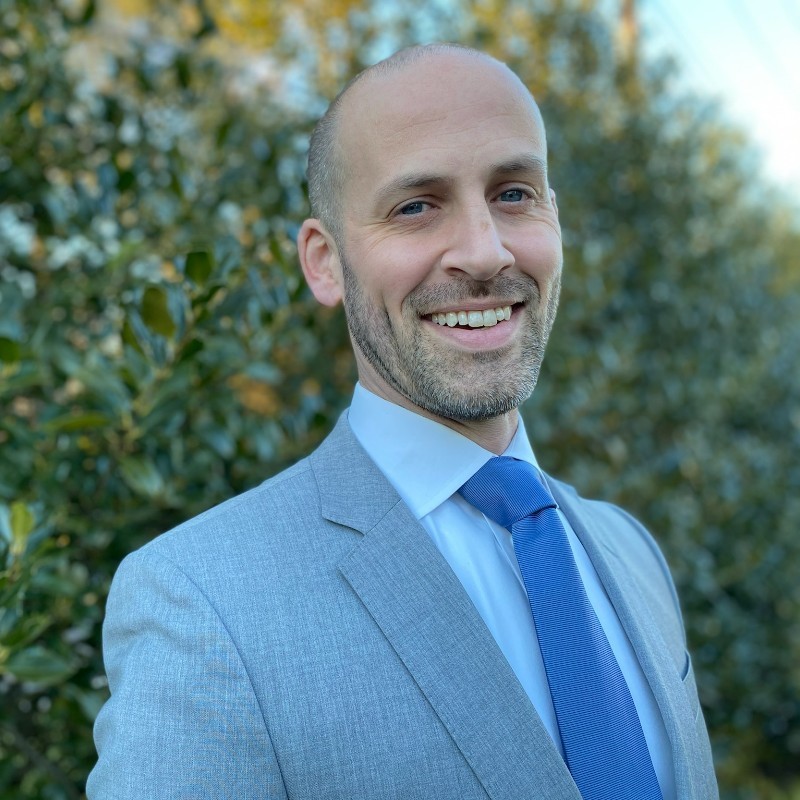During the U.S. Supreme Court term of 2009, Scott Keller and Steve Lehotsky clerked for justices Anthony Kennedy and Antonin Scalia, respectively.
“It was a really cohesive, collegial set of clerks,” Lehotsky recalled, and Keller agreed that “the entire group of clerks that year got along really well.”
Keller and Lehotsky kept in touch as they charted different paths in private practice and at other positions. Keller became Texas solicitor general, while Lehotsky went to work at the U.S. Chamber of Commerce as its chief litigation counsel.
In February, the two decided to get together again. Keller took a gamble and broke off from Baker Botts, while Lehotsky departed from the Chamber. The two launched Lehotsky Keller, a litigation boutique with one foot in Texas and the other in Washington.
Six months later, several former high court law clerks have joined the firm of Lehotsky Keller. Counting Lehotsky and Keller, five of the firm’s 10 lawyers are former Supreme Court clerks.

“When Steve and I formed the firm in its early days, we thought that there was no way we’d be at 10 lawyers by the end of this year,” Keller said.
As a result, the firm is on its way to becoming a business-oriented boutique with Supreme Court expertise. Keller participated in 11 Supreme Court arguments while in the Texas solicitor general’s office. In July, the firm filed an amicus brief in a key Second Amendment case set for argument Nov. 3. Asked if he expects more Supreme Court involvement in the upcoming term, Keller said, “Stay tuned.”
Lehotsky said a “confluence of factors” made the launch of Lehotsky Keller a “perfect time,” including the fact that the occupant of the White House has changed.
“Change in administrations is always the natural time for change,” he said.
But Lehotsky said that doesn’t mean he is chomping at the bit to bother the Biden administration. He emphasized the firm will be an equal opportunity litigator.
“There are lots of instances where our clients like what the Biden administration is doing,” Lehotsky said. “There are certainly plenty of areas where some business or some sectors of business didn’t like what the Trump administration did in terms of regulations.”
One indicator of even-handedness: Both Keller and Lehotsky, along with other Supreme Court advocates, joined a Sept. 3 letter to Congress supporting the nomination of Elizabeth Prelogar, whom Biden nominated to be solicitor general.
Fair enough, though Lehotsky Keller’s roster of the hires of former Supreme Court clerks suggests a tilt toward the right. Katherine Yarger clerked for Justice Clarence Thomas, as did Jonathan Urick, who also clerked for Scalia. Then, there is Clayton Kozinski, who clerked for Justices Anthony Kennedy and Neil Gorsuch, as well as working for Brett Kavanaugh when he was on the U.S. Court of Appeals for the D.C. Circuit.
If Kozinski’s name sounds familiar, that’s because he’s the son of Alex Kozinski, the controversial former judge in the U.S. Court of Appeals for the Ninth Circuit.
Is Lehotsky Keller a Lone Star safe haven for conservative clerks, similar to the Washington firm of Consovoy McCarthy? Six of Consovoy’s 13 lawyers clerked for Scalia, Thomas or Chief Justice John Roberts Jr.
“I don’t think I’ve thought about us as a safe haven,” Lehotsky said. “A lot of the folks that we’ve hired, we’ve worked with before. Some of them are Supreme Court clerks and some of them aren’t, but they’re all really good lawyers.”
Asked what they would do if a Sonia Sotomayor law clerk knocked on their door, both Lehotsky and Keller said emphatically that they would welcome him or her in.
“Absolutely, to be very clear,” Keller said. “What we want to do is be one of the nation’s premier litigation boutiques. There is no political litmus test. I can tell you right now, not every lawyer in our firm is a conservative Republican. We are looking to represent the most sophisticated clients and the most complex cases.”
So far, four of the firm’s 10 lawyers will be based solely in Washington. Keller will work from Washington as well as Austin, a signal that the firm wants to keep a Texas presence. In August, the firm issued a roundup of decisions issued by the Supreme Court of Texas.
“With my background, having been Texas Solicitor General, having taught at UT law school, being a UT law grad, I have deep ties to Texas,” Keller said. “It made a lot of sense to be able to use that experience on behalf of our clients.”
Two of his colleagues from the Texas attorney general’s office Matt Frederick and Todd Disher, have signed up to the new firm.
“Having a national footprint in Texas was just a very key pillar of our strategy,” Keller said.
Allyson Ho, a partner at Gibson, Dunn & Crutcher, who was an early “Texas-by-the-Potomac” Supreme Court practitioner, agreed that advocates don’t need to work in the nation’s capital to be successful.
“When it comes to the Supreme Court bar these days, geography isn’t destiny,” said Ho, who knows Lehotsky and Keller and wishes them well. “Speaking as a proud native Texan, it’s not surprising that Texas attracts a lion’s share of top practitioners—especially given the increasing sophistication of the Texas legal market.”
Underscoring the point, Ho said she just recruited Stephen Hammer, who clerked for Chief Justice Roberts in the 2020-2021 term and will join Gibson Dunn soon. “He’s a rock star,” Ho said, “He’ll be resident in the Dallas office.”
